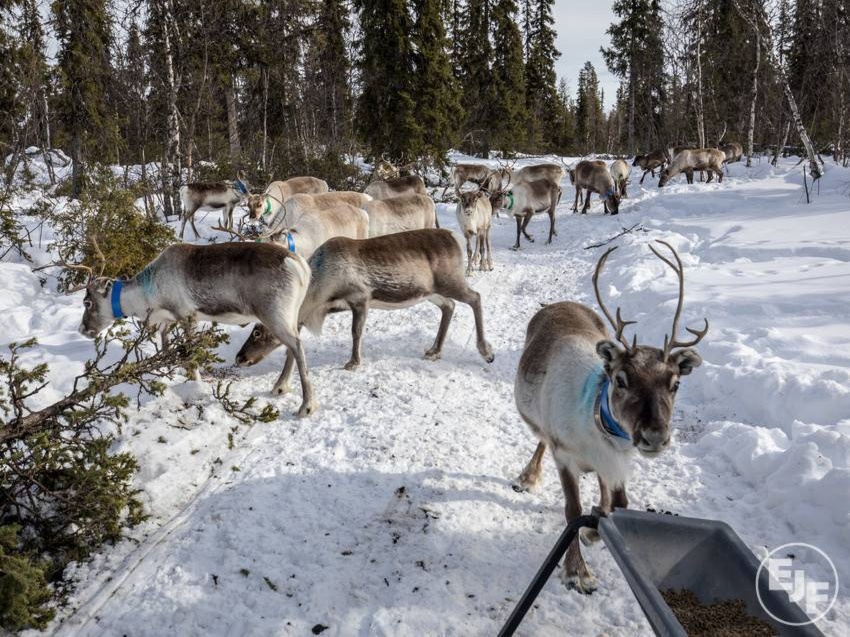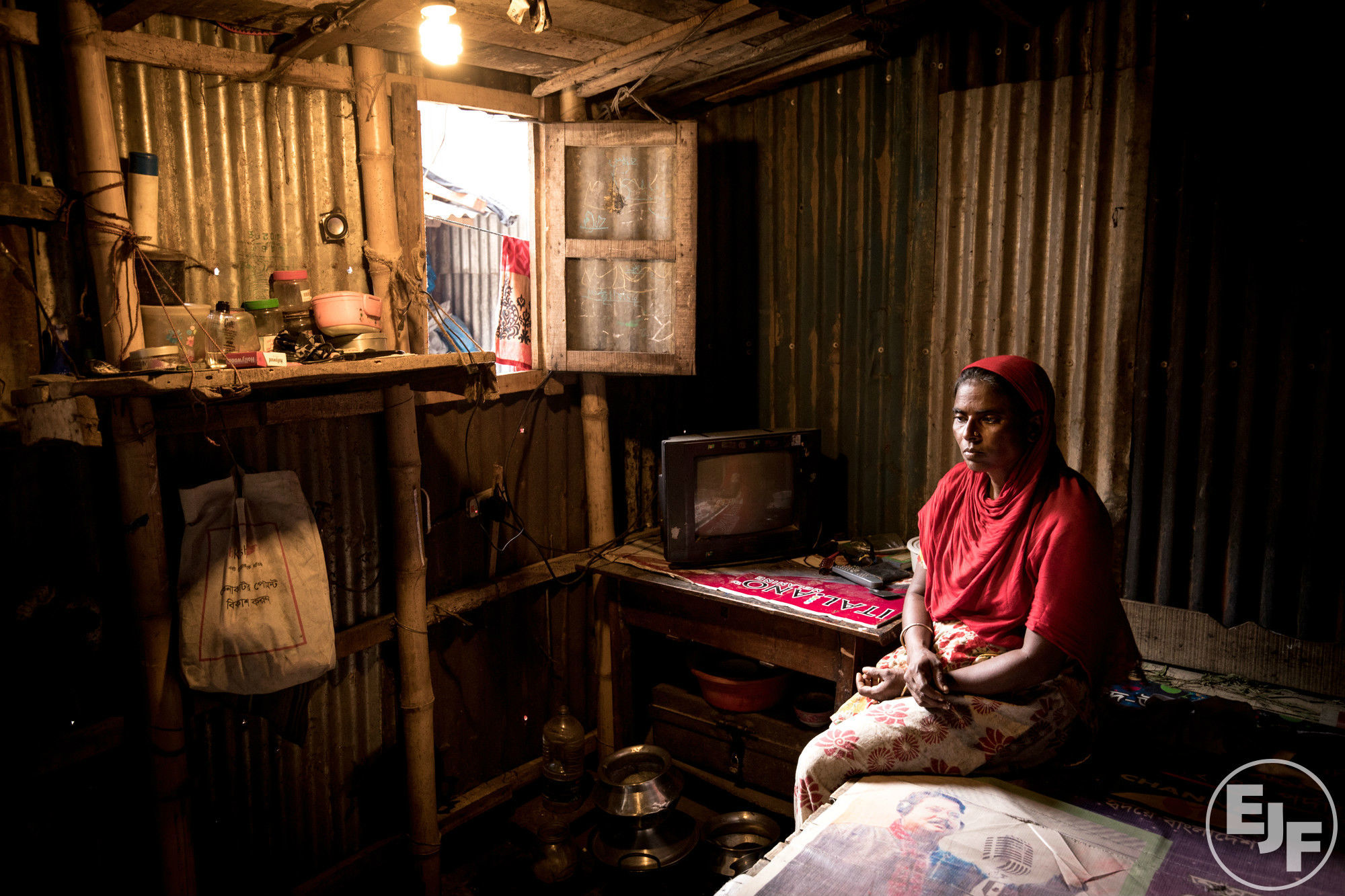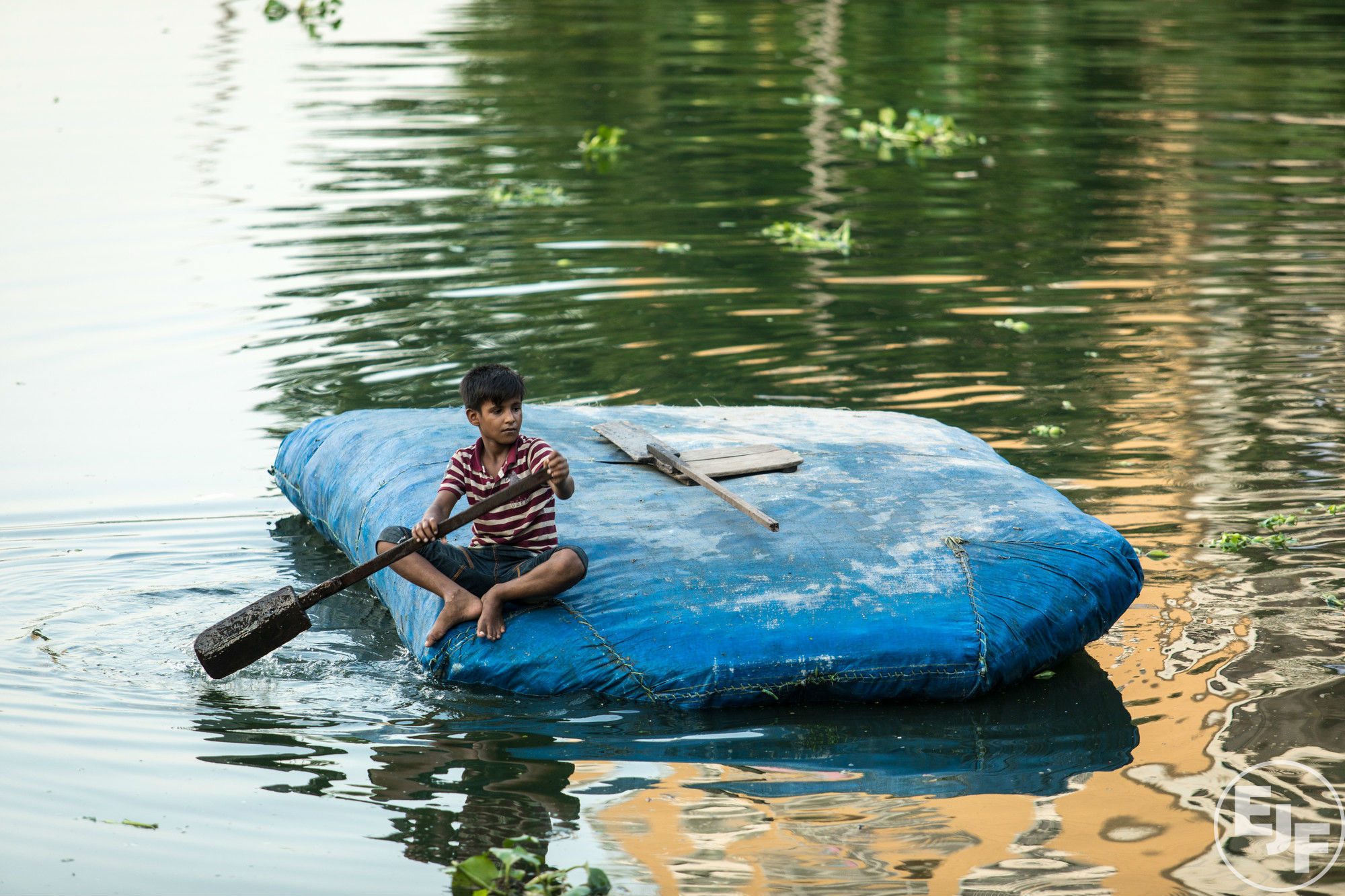
Climate change is closer than you think
In venues across Germany, the Environmental Justice Foundation (EJF) has been screening its film telling the stories of those at the frontlines of climate change.
“Why Sweden?“ was one of the most common questions from the audiences in Germany when we screened EJF’s climate change film in partnership with Heinrich-Böll-Stiftung, a Foundation close to the German Green Party.
Beyond Borders starts with the stories of the Swedish reindeer herders Kenneth and Lars-Ante. It’s the first time in history that the traditional Sami population have to apply for public assistance to feed their reindeer. As temperatures become more erratic, whole herds have been lost, and with them, Sami livelihoods and culture.
It surprised our German audiences that the stories were so close to home, probably because they are used to thinking of climate change as something happening far away. But the effects of climate change are not limited to the ‘global south’ – they are threatening peoples’ well-being, culture and livelihoods right here in Europe as well.
After the latest screening of the film, in Hamburg on 24 January, a lively discussion began with the audience on the consequences of climate change for human rights, migration and security.
Dr Christine Fröhlich of the GIGA Institute, highlighted the need for a science-based approach to establish and develop protection mechanisms for those being displaced from their homes because of climate change.
The reasons people migrate are often highly complex, Dr Fröhlich said. She cautioned that some countries could block the development of a global agreement to protect the rights of those displaced by climate change unless there was extensive research into why people are forced to leave their homes.
Ms Milla Fester, spokesperson of the Green Youth organisation in Hamburg, added that the Green Party in the European Parliament just raised the need for a “climate-passport” for those who have no choice but to leave their country because of climate change. This would give them the opportunity to live in a safe country or region, like the European Union.
Apart from the need for global efforts to protect human rights threatened by climate change, Ms Fester said, industrial states in particular must focus on climate mitigation, and citizens should actively call for their representatives to stick to global emissions goals.
In discussions after the film, it became clear that experts and public alike felt that German politicians must step up. Germany should, without compromise, follow the internationally agreed climate mitigation goals, Germany should bring the protection of climate refugees to the international agenda, and Germany should start the discussion on the relationship between climate change and security.
EJF is thrilled to have found a good partner in Heinrich-Böll-Stiftung to contribute to the discussion on how people are affected by the climate change worldwide, by presenting our film Beyond Borders to a broad audience in Germany.
From the equator to the poles, climate change is coming for us all. As former Federal Minister for the Environment, Nature Conservation and Nuclear Safety Ms Barbara Hendricks states in the film: “If climate change will not be stopped, basic human rights of many people in the world will be violated”.
Sign the petition telling EU leaders to act now on climate change.
SIGN UP FOR OUR EMAILS AND STAY UP TO DATE WITH EJF

